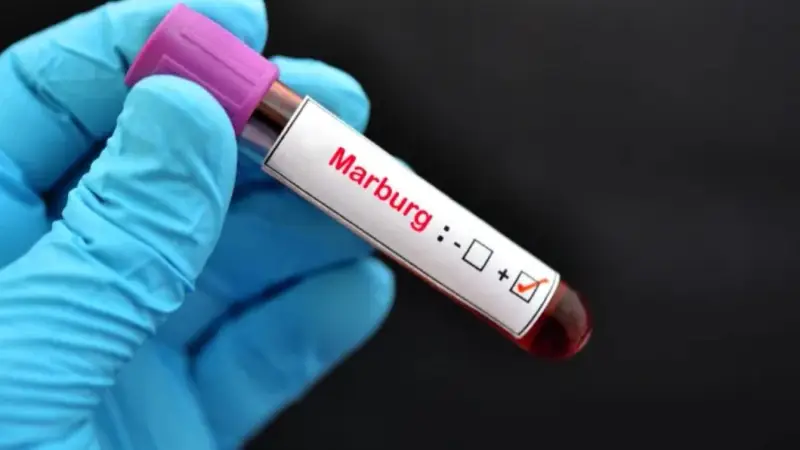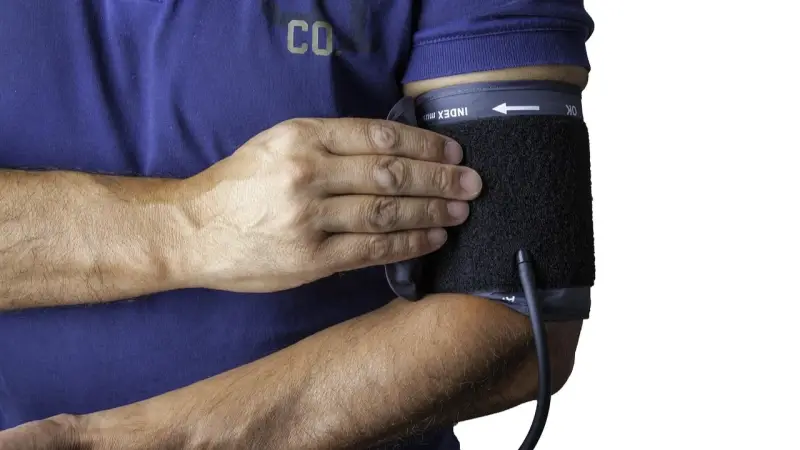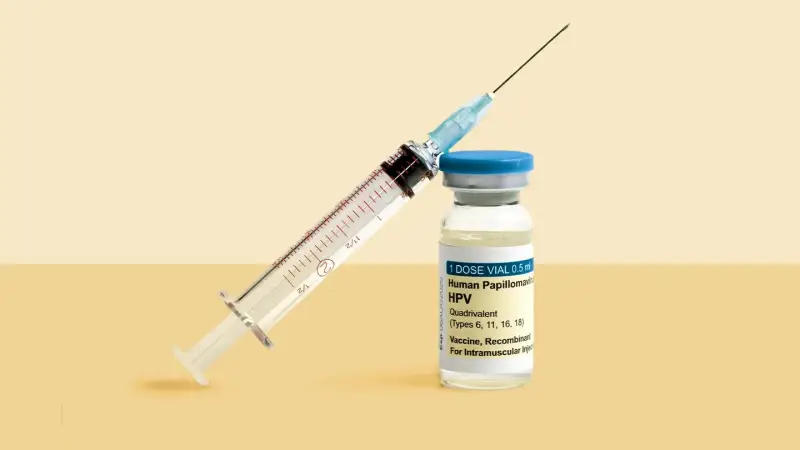
A report issued by the “Greenpeace” organization on Thursday showed that clothing sold by the giant Chinese e-commerce company “Shein” contains harmful chemicals that exceed the permissible limits in the European Union.
The German branch of the environmental organization said in a statement that “out of 56 pieces of clothing examined, 18 contained hazardous chemicals, some of which greatly exceeded the limits stipulated in European rules.”
The non-governmental organization noted the presence of phthalates (plasticizers) and PFAS compounds (known as “forever chemicals”) in these clothes offered for sale via “Shein”, which are water- and stain-resistant materials and are considered persistent pollutants.
The non-governmental organization pointed out that these potentially toxic substances are linked to various diseases, including cancer, disorders in reproduction and growth in children, as well as weakening of the immune system.
Greenpeace added that these substances enter the body through the skin and inhalation of fibers, noting that the tests also included children’s clothing.
Ulrike Siemers, director of the Bremen Environmental Institute, which analyzed the clothing, explained in a video published on the Greenpeace website: “There is a risk that children will put (the substances in the clothing) in their mouths, play with them, or even swallow them.”
As a result of washing, these substances also end up in rivers, soil, and the food chain.
Previous warning
The non-governmental organization had warned in 2022 of the presence of hazardous chemicals in “Shein” products.
Moritz Jagusch-Ruszkowski of “Greenpeace Germany” said: “Shein embodies an unhealthy system based on overproduction, greed and polluting the planet.”
According to the non-governmental organization, Shein.com, which is visited by 363 million people monthly, is the most attractive fashion website for visitors in the world.
“Shein” said in response to questions from Agence France-Presse that it would remove from global markets any products in which “hazardous” substances are detected as a “precautionary measure.”
(AFP)

















